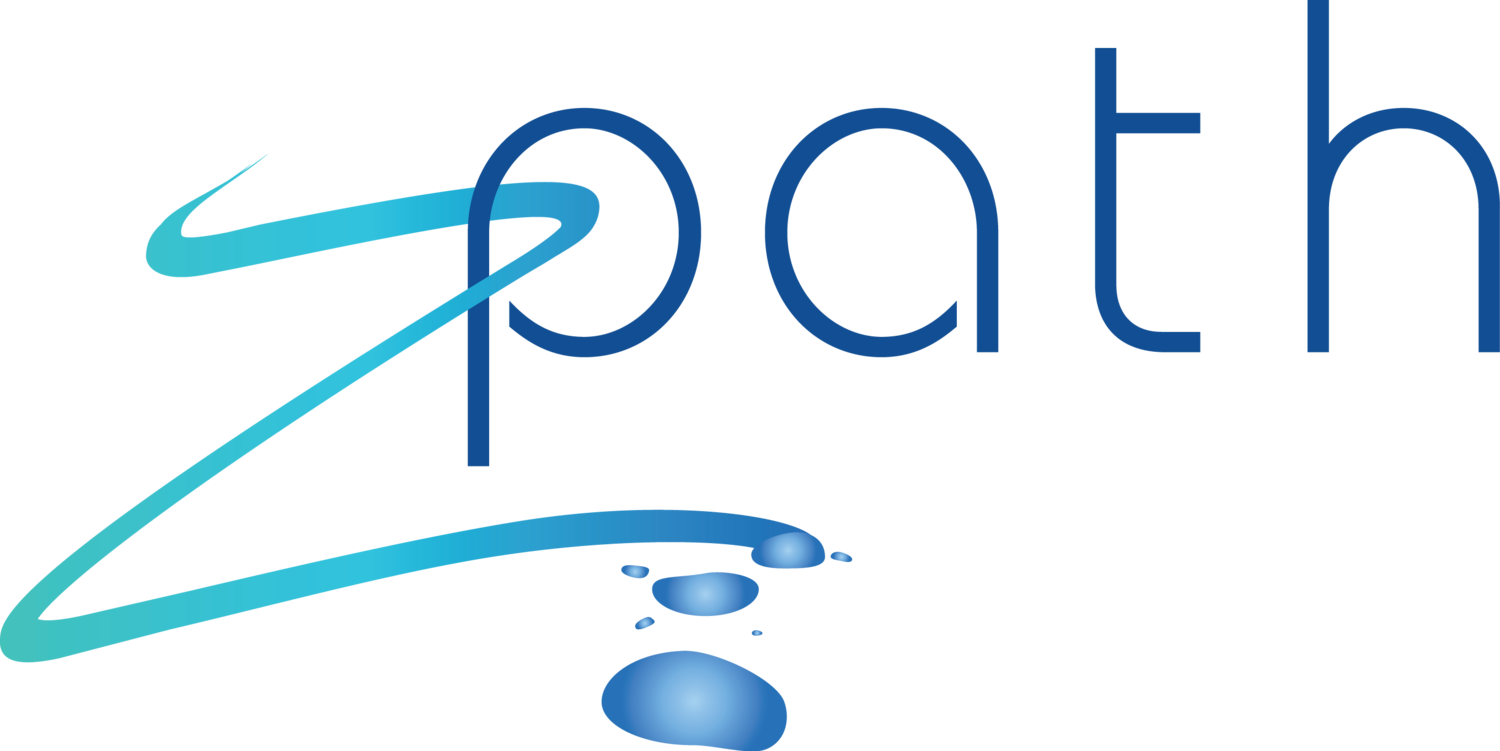Why are New Year’s resolutions so hard to keep? I have two ideas which I consider opposite sides of the same coin. First, we already have more things to do than we have time in which to do them, so we “multi-task,” or layer time. Adding yet another commitment on top of our over-full plates is not a recipe for success. Second, we are better at articulating the end state of our goals than we are at realistically anticipating and preparing ourselves for the mental, emotional, and physical work involved in achieving lasting change. That requires vision and clarity, planning, perseverance, and self-awareness.
To succeed, we need the ability to “bring form to time” and to “harness our will.” This applies to all of our goals throughout life, not just our New Year’s resolutions. We need a set of skills referred to as “Executive Function Skills” or EFS to integrate and govern our knowledge, talents and efforts. Many researchers and authors have proposed lists dividing EFS into 5, 9, or as many as 23 discreet processes. In my work with children, adolescents, and adults, I have developed my own practical list of five specific skills:
Organization: Everything has a place, and everything is in its place;
Planning and Goal Setting: Determining what needs to be accomplished, and by when;
Time Management: Scheduling when to do what needs to be done;
Self-Regulation: Keeping on track to reach defined goals;
Accountability: Owning the results and learning from experiences to improve.
These are skills most of us use every day – some with more ease than others. They are behaviors we expect of our children/students as they get older, so how do we model and teach them at home and in school?
In Waldorf Early Childhood programs we model organization in the way we arrange the room. Without conscious awareness, children learn to appreciate an organized and uncluttered play or work space.
In the early grades students take flyers and notes home to their parents. We help them form the habit of organizing everything to go home in a folder or in their school bag. They become accountable for these simple tasks.
In Middle School students track their homework assignments, projects, and papers, taking responsibility for turning in their completed work on time. They experience basic planning, time management, and self regulation.
In High School students take on more complex research papers and independent projects. Their use of planning and time management increases, along with accountability for their work.
Waldorf Education strives to teach and model EFS skills through the years, weaving them seamlessly into the curriculum in developmentally appropriate ways – not as a separate class or subject, but as part of the daily rhythm, an habitual part of the class routine. Parents strive to create a home environment which supports the development and application of these important life skills.
Over the next several months, I will pursue one of my New Year’s goals by writing a series of articles examining each of the five Executive Function Skills and their application in Waldorf Education. I invite you to read along, set your own goals, and reflect on how EFS plays a role in your life, and the lives of your children. Share your ideas and questions with me at Suzanne.Lynn@Z-Path.com.

